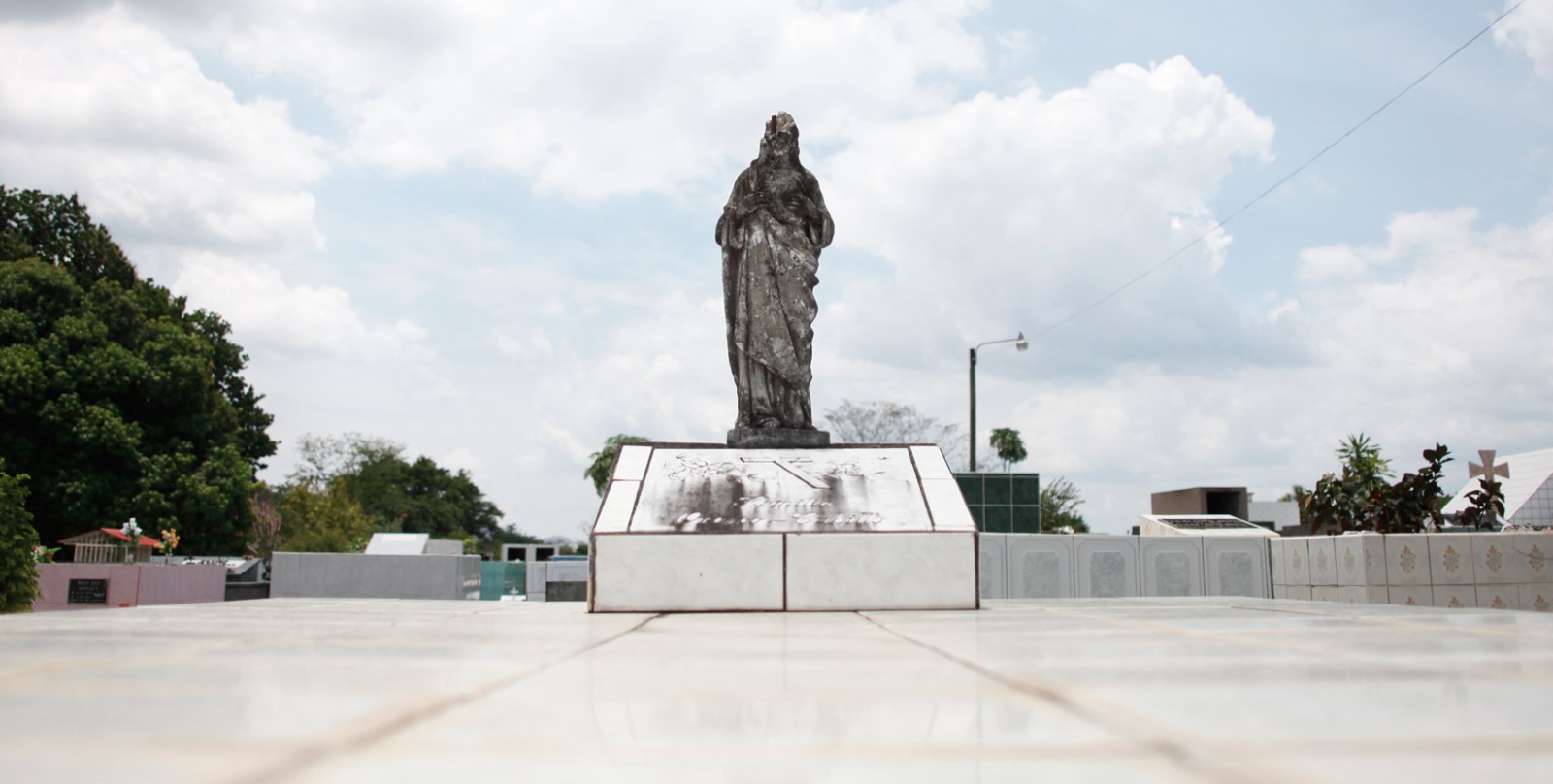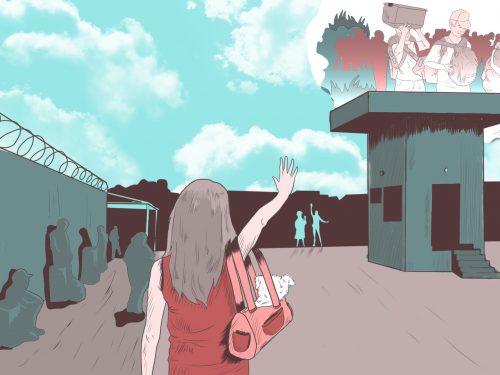
The loss of a close loved one may be one of the most stressful experiences of our lives. Death is often devastating and can turn life upside down. Coping with loss after the initial shock and confusion subsides may be extremely challenging but necessary in order to heal. While strong emotional reactions may continue for years, the response to death usually subsides in intensity as time passes. While the overall grieving process looks different for everyone, it can often take months or a year to come to terms with a loss, although there is no “normal” time period for grief.
Each person, whether child or adult, reacts differently to death. Most people are affected on one of more levels either emotionally, physically or behaviorally. Physical symptoms might include increased fatigue or muscle aches, stomach pain or other body pain. Emotional reactions might include sadness, frustration, anger, shock, anxiety, despair and guilt, and behavioral reactions might include difficultly concentrating, confusion and occasional memory lapse. Sleep patterns might be affected, with either vivid dreams or nightmares, and appetite may increase or decrease. Some or all of these responses may be a part of the grieving process and although research shows that most people can recover from loss on their own through the passage of time and with family and social support, it is not uncommon to seek additional support from a pastor, mentor or professional to help work though the intricacies of loss.
During the process of healing, coping and recovering from loss, it is important to take extra care of yourself as well as others, especially children who might have been close to the loved one who has passed.
Allow for a range of emotions. Feel all the emotions that arise within, but also allow yourself to experience pleasure and self care and get in touch with any remaining guilt and let it go. Get outside and try to experience the activities that help boost your mood. Don’t be surprised if you feel the pain and sadness as well as joy within moments of one another.
Honor and remember the life of your loved one. Honor your loved one who is deceased by donating to a favorite charity, writing a letter or story or putting together a photo collage, giving a family name to a baby or planting a garden. By honoring the relationship with your loved one who has passed in a way that feels right to you, you are embracing the memories, love and connection that was shared.
Connect with others and take time to go inward. Be cautious not to isolate yourself; rather find the balance between taking time for yourself and connecting with others who support you and allow you to talk about your loss if you choose to.
Mourning the loss of a loved one takes time, but research has shown that it may also provide a renewed sense of meaning that may spark purpose and direction. Death strengthens us and causes us to grow. It teaches us that we can go through difficult times and endure.







Comments